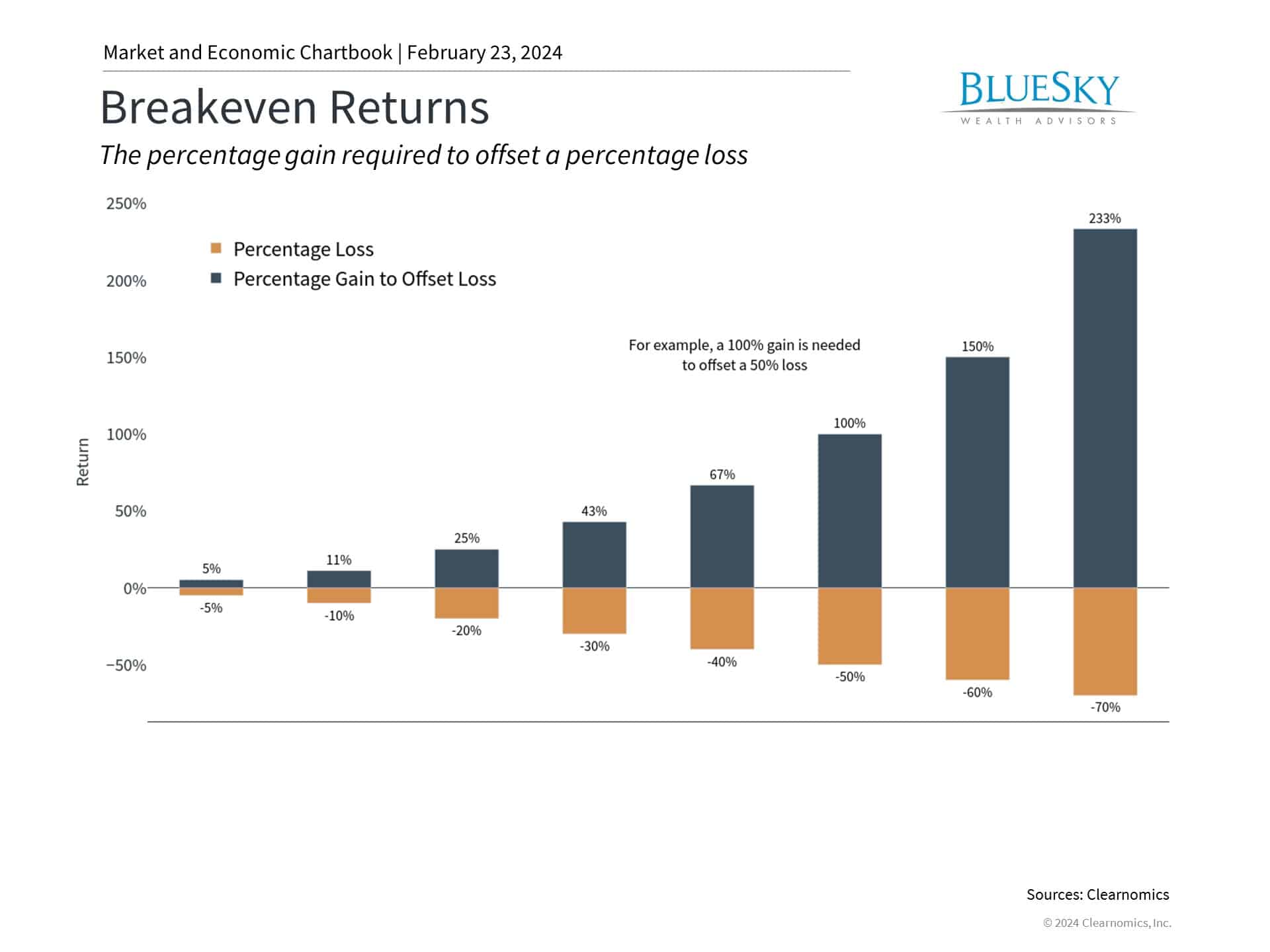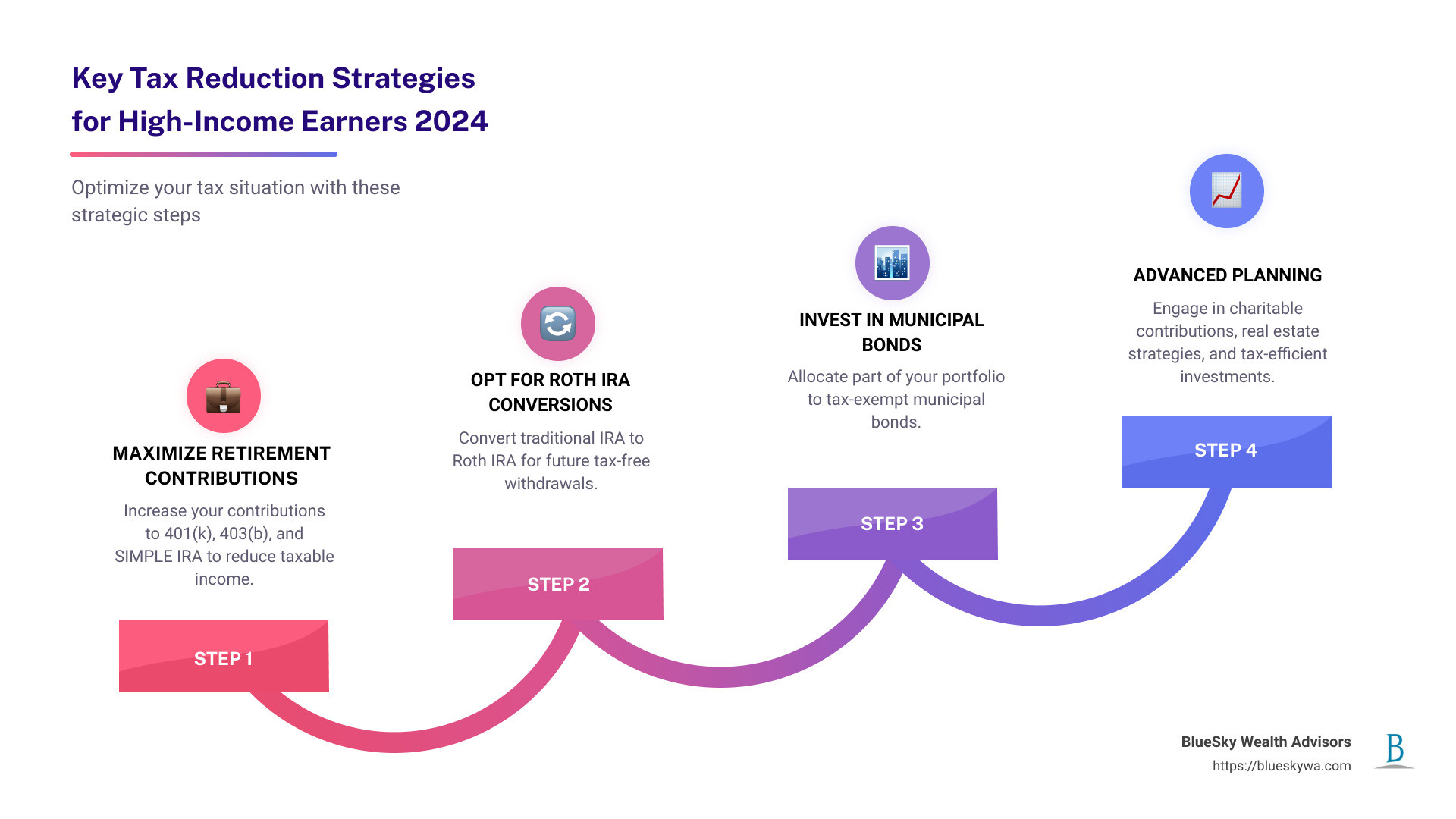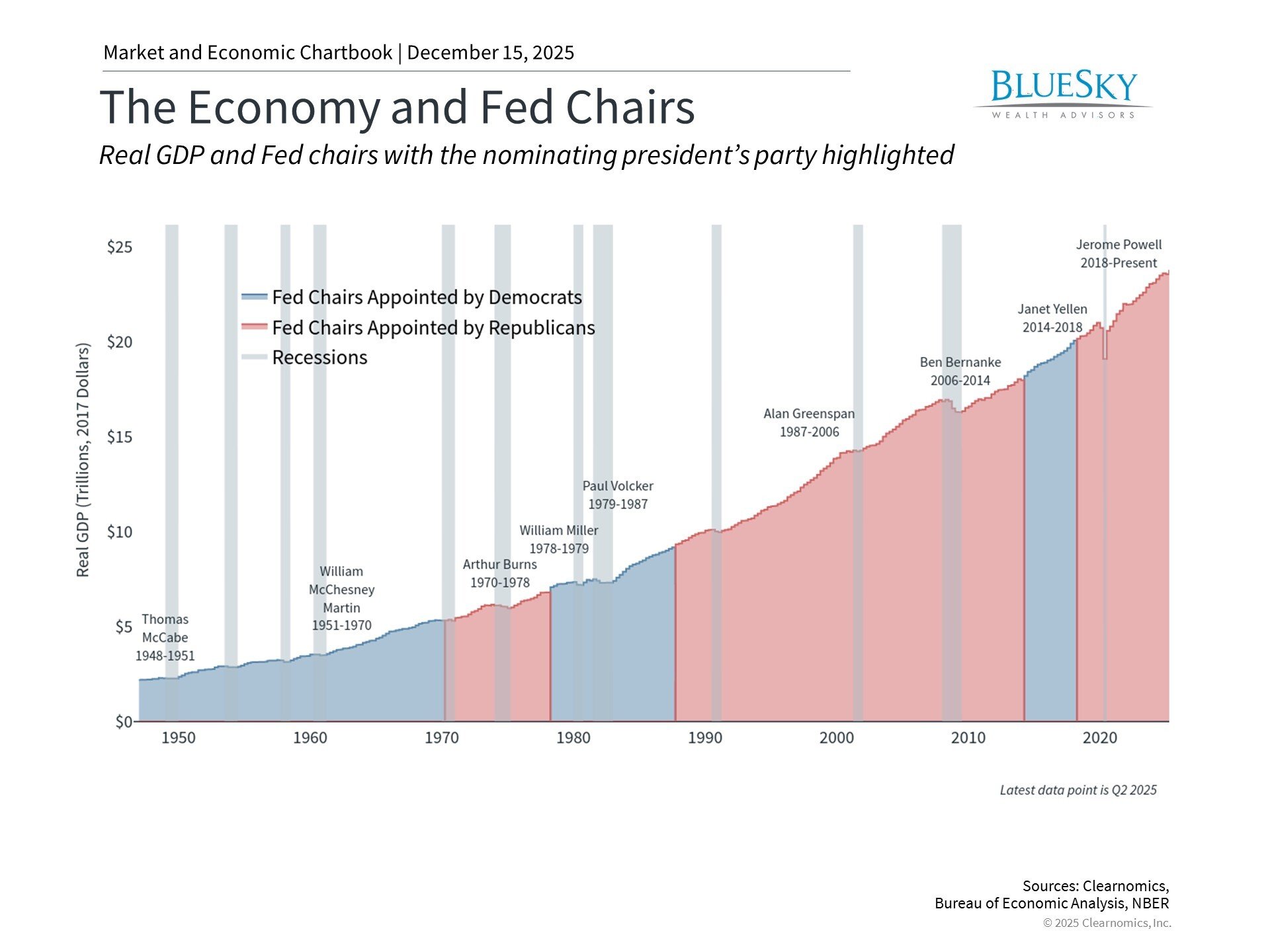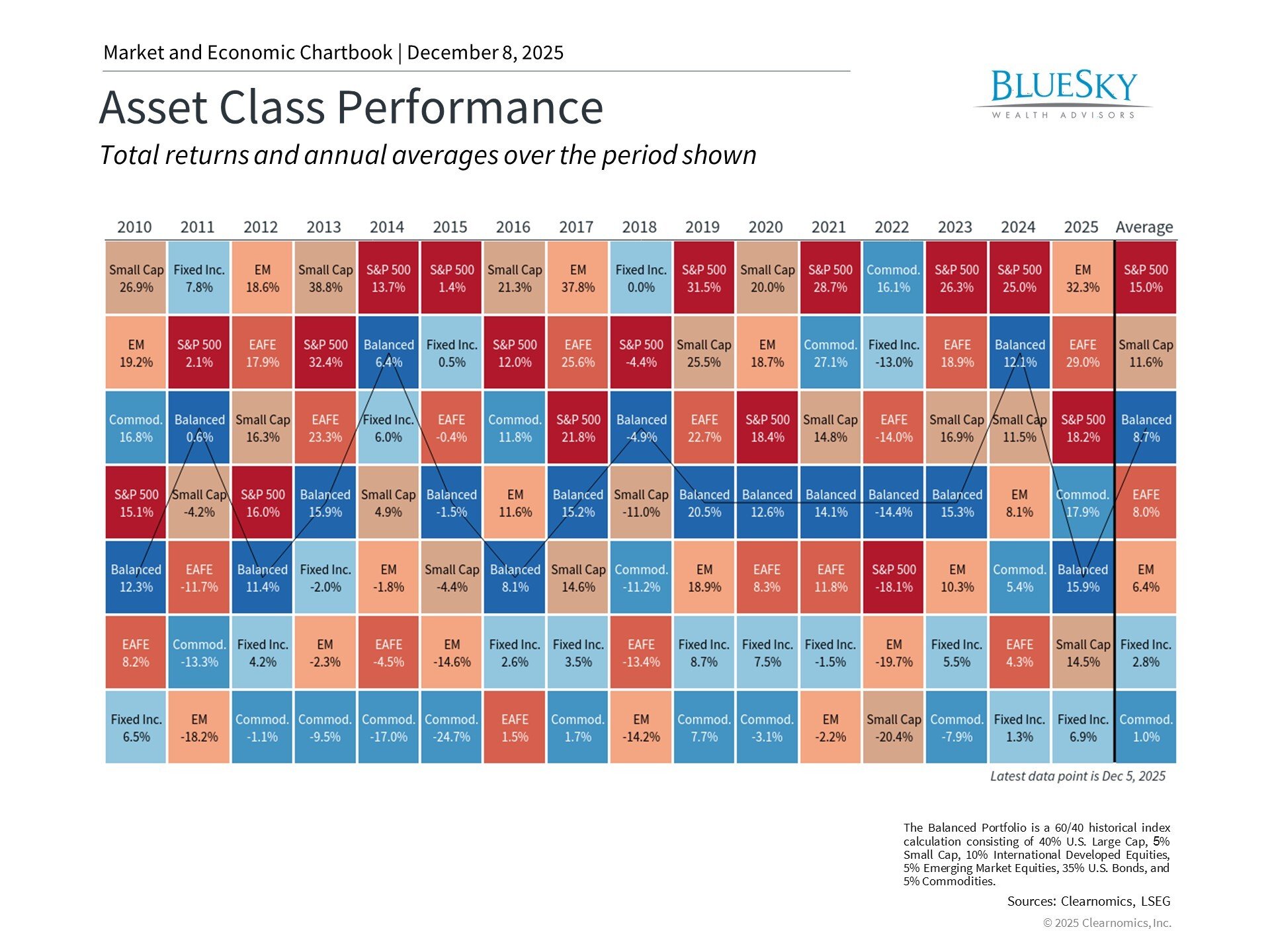
Top 5 Tax Reduction Strategies for High Income Earners in 2024
Top 5 Tax Reduction Strategies for High Income Earners in 2024

Tax Reduction Strategies for High Income Earners (2024) – Are you seeking effective methods to reduce your tax liability? High-income earners can leverage strategic financial planning to minimize taxes through various methods such as maximizing retirement contributions, optimizing investment choices, and smartly timing their income and purchases.
Understanding the nuances and opportunities for tax planning is crucial, especially when you navigate through complex regulations that may otherwise significantly impact your financial growth.
Tax efficiency is paramount for those with substantial incomes. A slight adjustment in your strategy could translate to substantial savings, which can be redirected towards accelerating financial goals or enhancing your lifestyle. However, the high-income bracket also introduces unique challenges, including the constant evolution of tax laws and the greater likelihood that you will face higher tax rates.
Given the stakes, it’s vital to stay informed of the most current and beneficial strategies. Strategic tax planning not only ensures compliance but optimizes your finances so that you can preserve more of your hard-earned money.

Understanding Your Tax Bracket
Understanding your tax bracket is crucial when looking into tax reduction strategies for high income earners. Let’s break down the basics: Federal income tax brackets, Adjusted Gross Income (AGI), and Taxable Income.
Federal Income Tax Brackets
The federal tax system is progressive, meaning that different portions of your income are taxed at increasing rates. For example, in 2023, if you are a single filer, the tax rates might start at 10% for income up to a certain threshold and could go up to 37% for income over $539,900.
Here’s what you need to know:
– The more you earn, the higher the percentage of tax you pay on your top dollars.
– Each tax bracket has a range of income values that are taxed at a particular rate.
Adjusted Gross Income (AGI)
AGI is your total gross income minus specific deductions that the IRS allows. These deductions include things like retirement plan contributions, student loan interest, and tuition and fees. AGI is important because it determines your eligibility for various tax credits and deductions.
Key points about AGI:
– Lowering your AGI can reduce your taxable income and the amount of tax you owe.
– Contributions to traditional IRAs and 401(k)s are effective ways to reduce your AGI.
Taxable Income
Taxable income is what’s left after you subtract deductions from your AGI. You can either take the standard deduction or itemize deductions based on expenses like mortgage interest, state taxes paid, and charitable contributions.
Understanding this is crucial:
– The choice between standard deduction and itemizing depends on which lowers your tax bill the most.
– For 2023, the standard deduction for single filers is $13,850 and $27,700 for married couples filing jointly.
By comprehensively understanding these components, you can better navigate the complex world of taxes and leverage strategies to minimize your liabilities. As tax brackets fluctuate and tax laws evolve, staying informed is your best strategy for keeping more of your earnings. This knowledge forms the foundation for exploring deeper tax reduction strategies and making informed decisions that align with your financial goals.
Tax Reduction Strategies for High Income Earners
Maximize Retirement Account Contributions
One of the most straightforward tax reduction strategies for high income earners is to maximize contributions to retirement accounts like 401(k)s, 403(b)s, and SIMPLE IRAs. For 2024, the contribution limits have increased, allowing you to set aside more money on a pre-tax basis, which can significantly lower your taxable income for the year.
- 401(k) and 403(b): The maximum contribution is $23,000.
- SIMPLE IRA: The limit is $16,000.
- Catch-up contributions: If you’re over 50, you can contribute an additional $7,500 for 401(k)s and $3,500 for SIMPLE IRAs.
By fully funding these accounts, you not only save for retirement but also reduce your current tax liability, potentially placing you in a lower tax bracket.
Opt for Roth IRA Conversions
Converting funds from a traditional IRA or 401(k) to a Roth IRA is a savvy move for those anticipating higher tax rates in the future. While Roth IRA contributions are made with after-tax dollars, the significant advantage is that withdrawals are tax-free under qualified conditions. This includes the growth on your investments, which is also tax-free.
Why consider a Roth IRA conversion?
– Tax-free withdrawals: Ideal in retirement when you might need tax-free income.
– Future tax savings: Protects you against potential increases in tax rates.
Roth conversions are especially beneficial in years when your income is lower, as the tax impact of the conversion will be less severe, allowing you more control over your taxes now and in the future.
Invest in Municipal Bonds
For high-income earners looking for tax-efficient investment options, municipal bonds offer a compelling choice. The interest earned on these bonds is often exempt from federal income taxes, and in many cases, state and local taxes as well, particularly if you live in the state where the bond was issued.
Benefits of municipal bonds:
– Tax-exempt interest: Reduces your taxable income.
– State tax benefits: Additional savings if the bonds are from your home state.
While the returns on municipal bonds might be lower compared to taxable bonds, the tax benefits can make them a worthwhile addition to your portfolio, particularly if you are in a higher tax bracket.
By leveraging these strategies—maximizing retirement contributions, considering Roth IRA conversions, and investing in municipal bonds—you can effectively reduce your taxable income and manage your tax burden more efficiently. As you continue to explore advanced tax planning techniques, these foundational strategies provide a robust starting point for securing your financial future.
Advanced Tax Planning Techniques
Utilize Charitable Contributions
Donor-advised funds are a smart choice for high-income earners looking to manage their charitable giving efficiently. When you contribute to a donor-advised fund, you can make a large donation in one year, getting an immediate tax deduction for that year. This is particularly useful in a year with unusually high income. You can then recommend grants from the fund to your favorite charities over time. This strategy not only provides upfront tax relief but also allows you to plan your charitable activities thoughtfully.
Qualified Charitable Distributions (QCDs) offer another tax-savvy way to give. If you are 70.5 years old or older, you can directly transfer up to $100,000 per year from your IRA to a qualified charity. This amount counts towards your required minimum distributions (RMDs) but does not increase your taxable income. This can be especially beneficial if you are trying to stay in a lower tax bracket.
Real Estate Tax Strategies
Real estate investors can benefit from a 1031 exchange, which allows you to defer paying capital gains taxes on an investment property when it is sold, as long as another similar property is purchased with the profit gained by the sale. This can be a powerful way to build wealth over time by deferring taxes indefinitely as you roll over profits from one investment to the next.
Opportunity Zones also provide a unique tax advantage for real estate investors. By investing in these designated areas, you can defer and potentially reduce your capital gains taxes. If the investment in the Opportunity Zone is held for at least ten years, the capital gains on the new investment are tax-free.
Investment Choices for Tax Efficiency
Tax-loss harvesting is a technique to reduce your taxes by selling investments that have experienced a loss. By realizing these losses, you can offset gains from other investments, reducing your overall taxable income. It’s important to avoid the wash-sale rule by not repurchasing the same or substantially identical asset within 30 days before or after the sale.
Investing in companies that pay dividend income can also be tax-efficient, especially if they pay qualified dividends. Qualified dividends are taxed at the lower capital gains tax rate rather than the higher income tax rates, which can significantly reduce your tax liability.
Finally, understanding and utilizing capital gains strategies is crucial. Holding investments for more than a year before selling can qualify you for lower long-term capital gains tax rates. This simple strategy can save you a significant amount in taxes, especially if you are in a high-income bracket.
By incorporating these advanced techniques into your tax planning, you can leverage your charitable inclinations, real estate investments, and market investments to not only grow your wealth but also manage your tax burden effectively. As we move into specific scenarios, these strategies will continue to play a vital role in optimizing your financial outcomes.
Tax Planning for Specific Scenarios
Handling Bonuses and Windfalls
Receiving a bonus or windfall can significantly impact your tax situation, especially for high-income earners. Here are some strategies to manage this effectively:
Deferral Options: If you anticipate being in a lower tax bracket in the following year, consider deferring your bonus. This can be achieved by asking your employer to delay the bonus payout until the beginning of the next year. This strategy can lead to substantial tax savings by aligning the extra income with a year where it will be taxed at a lower rate.
Investment Allocation: Instead of spending your bonus or windfall immediately, think about investing it. Smart investment choices can not only grow your wealth but also provide tax benefits. For instance, investing in tax-advantaged accounts like a 401(k) or an IRA can defer taxes until retirement, potentially lowering your current taxable income.
Strategies for High-Net-Worth Filers
High-net-worth individuals need to be particularly strategic about their tax planning due to their complex financial situations:
Asset Placement: Use tax-efficient asset placement strategies to minimize taxes. Place income-producing investments, like bonds, in tax-deferred accounts and investments with high growth potential, like stocks, in taxable accounts. This can reduce the tax impact on returns from these assets.
Tax Lot Matching: When selling investments, consider using tax lot matching to manage capital gains. This involves selecting specific shares to sell based on their purchase price to control the capital gains tax liability.
Tax Considerations for Business Owners
Business owners have unique opportunities and challenges when it comes to tax planning:
Business Structure: Choosing the right business structure can greatly affect your tax liabilities. Structures like S Corporations or Limited Liability Companies (LLCs) can offer benefits in terms of self-employment taxes and income splitting.
Hiring Family Members: Employing family members can help shift income within your family and take advantage of lower tax brackets. Ensure that the compensation is reasonable for the work performed, as the IRS pays close attention to these arrangements.
By understanding and utilizing these strategies, high-income earners, including those receiving bonuses or windfalls, high-net-worth individuals, and business owners, can significantly reduce their tax burdens. As you continue to navigate through your financial landscape, consider these tailored strategies to optimize your tax situation. Moving forward, we will explore frequently asked questions about tax reduction strategies for high income earners to further clarify your options and planning methods.
Frequently Asked Questions about Tax Reduction Strategies for High Income Earners
How can high income earners reduce their taxable income?
High income earners have several techniques at their disposal to reduce taxable income effectively. Here are some key strategies:
Maximize Retirement Contributions: Contributing to retirement accounts like 401(k)s, 403(b)s, or IRAs can significantly reduce your gross income. For 2023, the contribution limit for 401(k) plans is $22,500 with an additional catch-up contribution of $7,500 if you’re aged 50 or older.
Health Savings Accounts (HSAs): If you’re enrolled in a high-deductible health plan, contributing to an HSA not only offers a tax deduction but also tax-free growth and withdrawals for qualified medical expenses.
Invest in Tax-Efficient Funds: Investing in index funds or ETFs can be more tax-efficient compared to actively managed funds because they typically generate fewer capital gains due to lower turnover.
Harvest Tax Losses: Selling investments at a loss can offset gains you’ve realized throughout the year, which can help reduce your taxable income.
What are the best tax-saving investments for high earners?
For high earners looking to optimize their investment strategy for tax purposes, consider the following options:
Municipal Bonds: The interest from these bonds is generally exempt from federal income tax and possibly state and local taxes if you live in the state where the bond was issued.
Roth IRA Conversions: While this involves paying taxes now on pre-tax retirement funds, it converts them into Roth IRAs, which will then grow tax-free and offer tax-free withdrawals in retirement.
Real Estate Investments: Utilizing strategies like the 1031 exchange can allow property investors to defer paying capital gains taxes when they sell a property and reinvest the proceeds in a like-kind property.

How do changes in tax laws affect high income earners?
Tax laws are constantly evolving, which can have significant implications for high-income earners. For instance:
Expiration of Tax Cuts and Jobs Act Provisions: Some of the tax relief provided by the Tax Cuts and Jobs Act is set to expire after 2025, which could result in higher tax rates and fewer deductions available.
Adjustments to Income Brackets and Deductions: The IRS regularly adjusts tax brackets and deduction limits to account for inflation, which can shift the strategies that are most beneficial in any given year.
Legislation like the SECURE Act and SECURE Act 2.0: These laws have introduced changes to retirement savings rules, affecting how high-income earners plan for retirement and manage their estates.
Staying informed with the latest tax law changes is crucial. High-income earners should consider regular consultations with tax professionals to ensure that they are using the most effective strategies available under the current law. This proactive approach will help maximize your tax savings and align your financial planning with the latest tax regulations. Moving forward, let’s delve deeper into specific tax planning scenarios to better understand how these strategies can be applied in different financial situations.
Conclusion
As we wrap up our discussion on tax reduction strategies for high income earners, it’s clear that the journey towards effective tax management is ongoing and requires a strategic, long-term approach. At BlueSky Wealth Advisors, we emphasize the importance of continuous planning and adaptation to evolving tax laws to ensure our clients’ financial strategies remain optimal.
Long-term Planning
Long-term tax planning is vital for high-income earners looking to preserve and grow their wealth over time. By understanding and anticipating future changes in tax legislation, you can make informed decisions that align with your financial goals. We recommend establishing a forward-looking tax strategy that considers potential shifts in income, investments, and retirement plans.
Regular Advisor Meetings
Regular meetings with your financial advisor are crucial. These sessions provide an opportunity to review and adjust your financial plan based on recent changes in your life or the broader economic landscape. At BlueSky Wealth Advisors, we encourage our clients to schedule regular check-ins. This enables us to proactively address new opportunities for tax savings and ensure that your financial plans are always aligned with the latest tax regulations.
BlueSky Wealth Advisors
Choosing the right financial advisor is key. At BlueSky Wealth Advisors, our team of experts is dedicated to providing tailored advice that maximizes your financial potential while minimizing tax liabilities. We pride ourselves on our commitment to serving as your trusted advisor, ensuring that your wealth management strategy not only meets your current needs but also sets the foundation for future prosperity.
In conclusion, managing your taxes effectively requires more than just knowledge of the latest tax rules—it demands a strategic partnership with advisors who understand the nuances of your financial landscape. At BlueSky Wealth Advisors, we are committed to guiding high-income earners through the complexities of tax planning, ensuring that every financial decision supports your long-term objectives. Let us help you turn tax planning from a chore into an opportunity to enhance your financial success.





